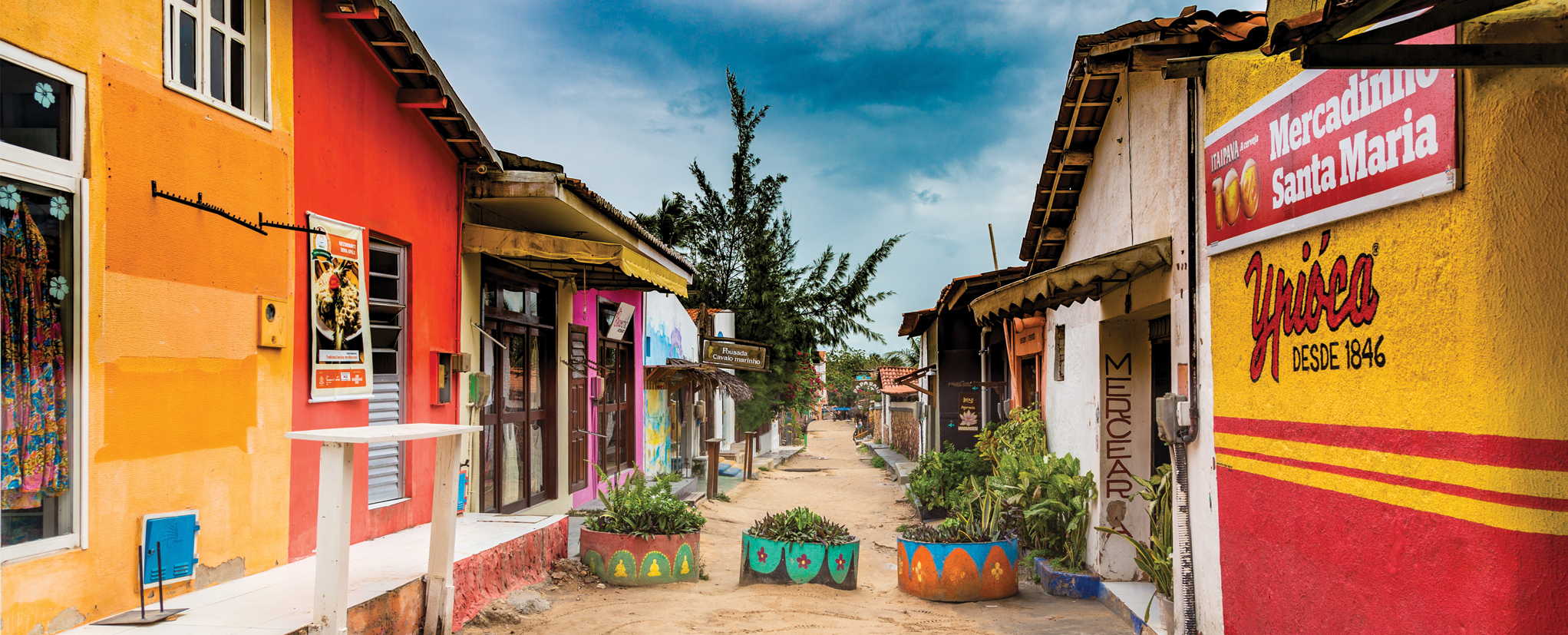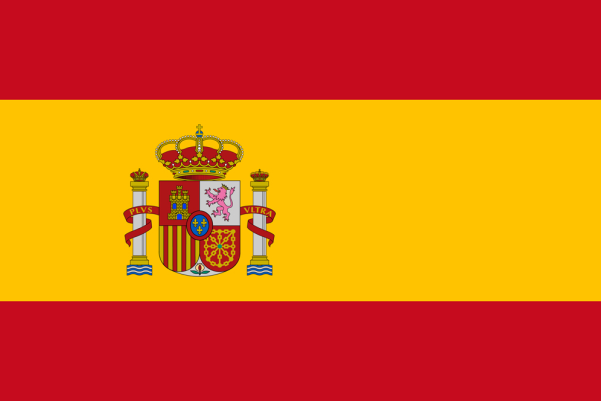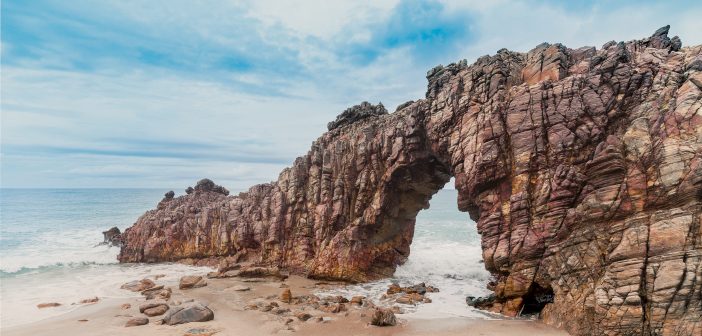Anybody thinking that Ceará’s tourism relies solely on its beaches would be mistaken. Besides being one of Brazil’s most developed tourist regions of Brazil, it has some interesting points of interest regarding technology, history, culture, and science.
The State of Ceará, located in the country’s Northeast, is one of the region’s most important social, political, cultural and economic areas. It is among the ten most populous Brazilian states, and its capital, Fortaleza, is responsible for the largest GDP in the Northeast. Because of its natural beauty, Ceará is also a big draw in terms of tourism; it is home to some wonderful destinations, not to mention some of the most pristine beaches in the world, which stretch for more than 500 kilometres of the coastline and draw in three million tourists every year.
The region’s most famous beaches include Jericoacoara, chosen in 2004 by Lonely Planet as one of the ten most beautiful beaches in the world; Praia do Futuro, perhaps the best known in the State; Praia do Morro Branco, celebrated for its mesmerising sands, which are often the inspiration for local arts and crafts; Cumbuco Beach, renowned the world over for being one of the only beaches to boast genuine sand dunes; and Porto das Dunas Beach, home to the largest water park in Latin America: Beach Park.
There are lesser-known beaches, of course, perfect for those keen to avoid the multitude of sunbathers that unite under the blazing sun. The municipality of Amontada, for example, has three quieter beaches that provide visitors with direct access to several ecological trails, an open dialogue with the locals, and a chance to learn more about the local fishing culture. There is also an archaeological site that is well worth a visit. The region also supports an exciting community tourism initiative whereby the villagers, such as Caetanos, are responsible for running and managing the guided tours.

Beyond the natural appeal of its beaches, the State of Ceará is also a symbol of cultural tourism. Of note, it is Brazil’s most prominent state in terms of arts and crafts, namely those that use semi-precious stones, crochet, pottery, embroidery, lace, as well as many other materials and techniques. In addition to the region’s craftsmanship, there is also the religious aspect of the local culture, which is a constant feature of the region’s festivals and the cities themselves, as is the case of Juazeiro do Norte, the homeland of one of the most revered personalities in the Northeast, Father Cícero.
Visitors must make time for the city of Sobral in the interior. Not only is the architecture a mix of European styles from the nineteenth century, the city boasts an unparalleled quality of life across the state. There are also several captivating tourist spots, including the Casa de Cultura (House of Culture), built in 1858; the Palácio de Ciências e Línguas Estrangeiras (Palace of Sciences and Foreign Languages), built in 1926; and the Museu do Eclipse (Eclipse Museum), the site where Albert Einstein famously proved his Theory of Relativity. There are original photos displayed in the museum, as is the very telescope used by the scientist, in addition to the first lunar map of Brazil and a copy of the official announcement made by the New York Times to declare Einstein’s findings.
The State of Ceará has something for everyone. Whether it’s ecotourism, scientific or cultural tourism, or even just the crystal clear waters of the region’s beaches, Ceará is one of the most alluring destinations in the world and a significant contributor to Brazilian tourism.
For more information about Brazil, travelling to Brazil, Holidays in Brazil and Brazilian tourism please also visit VBRATA Visit Brazil Travel Association.
The Brazilian Destinations online training courses for travel agents are offered and managed exclusively by VBRATA Visit Brazil Travel Association. Brazil Online Training by VBRATA offers travel industry specialists the opportunity to learn more about Brazilian destinations and travel products by offering a selection of Brazilian online courses so that travel agents can increase their knowledge and become a specialist in Brazil.

















